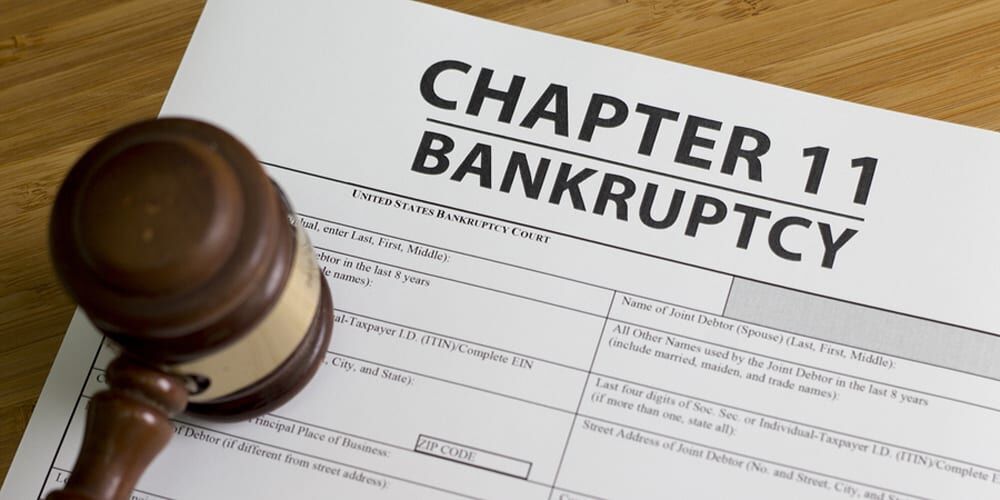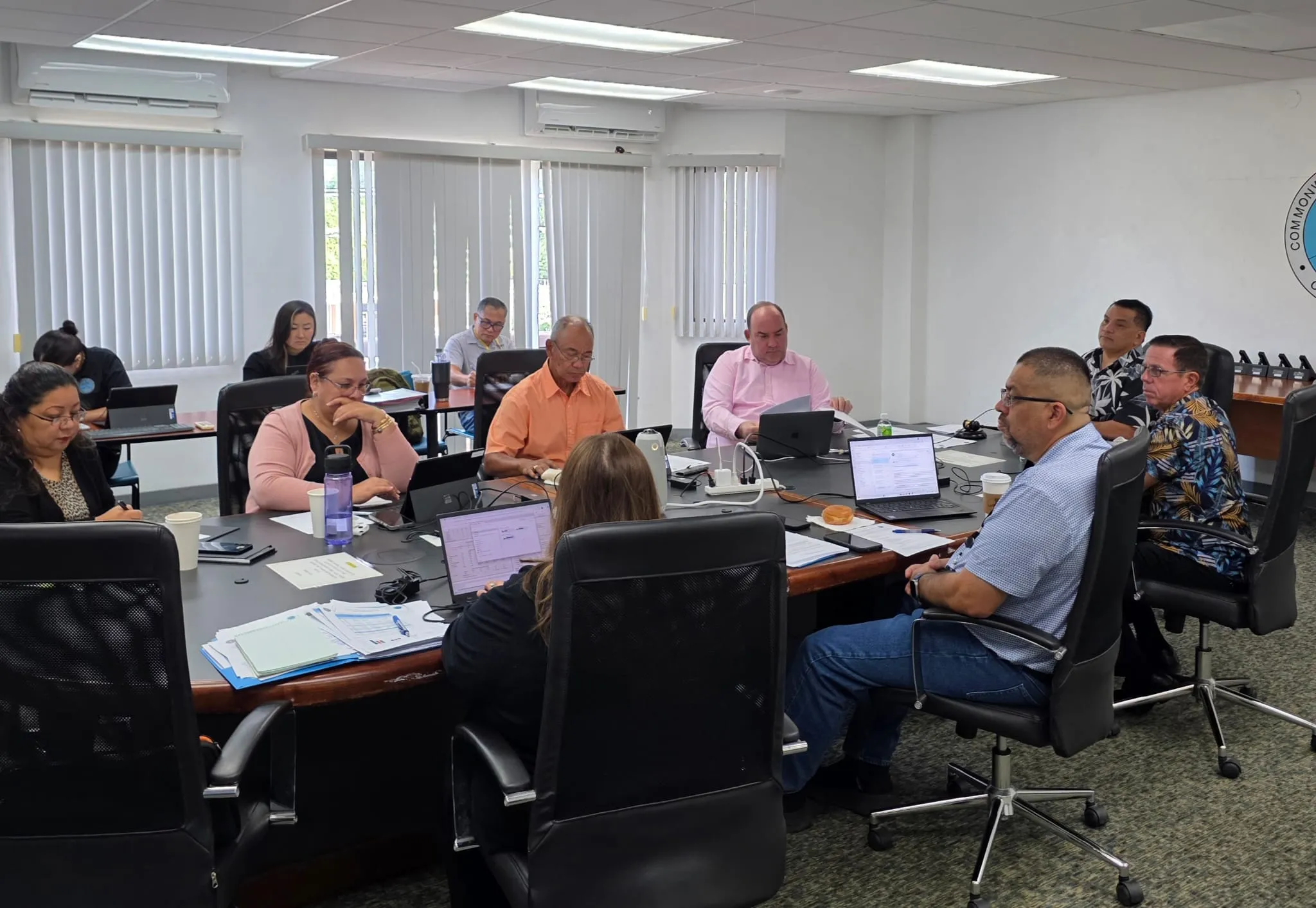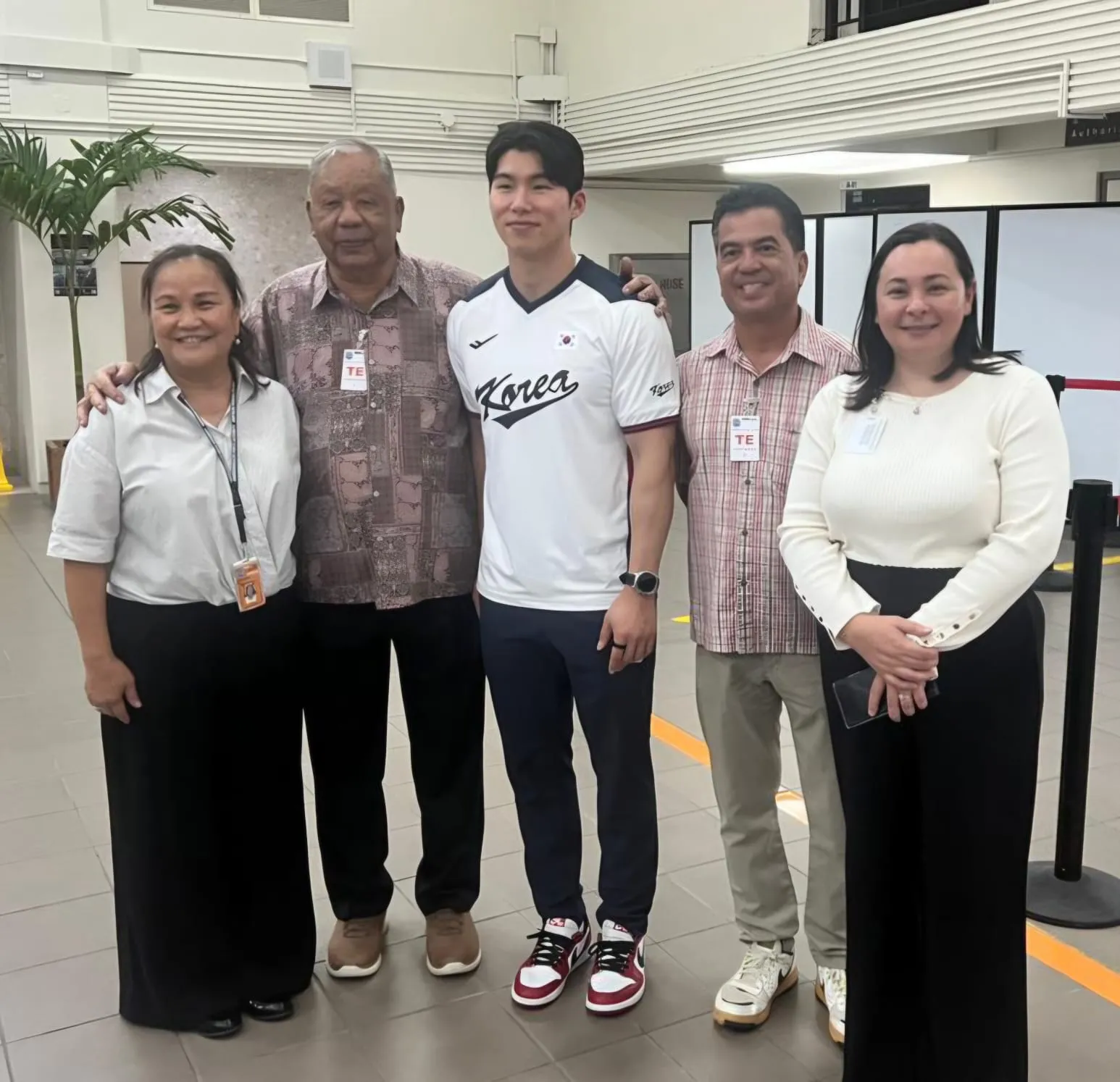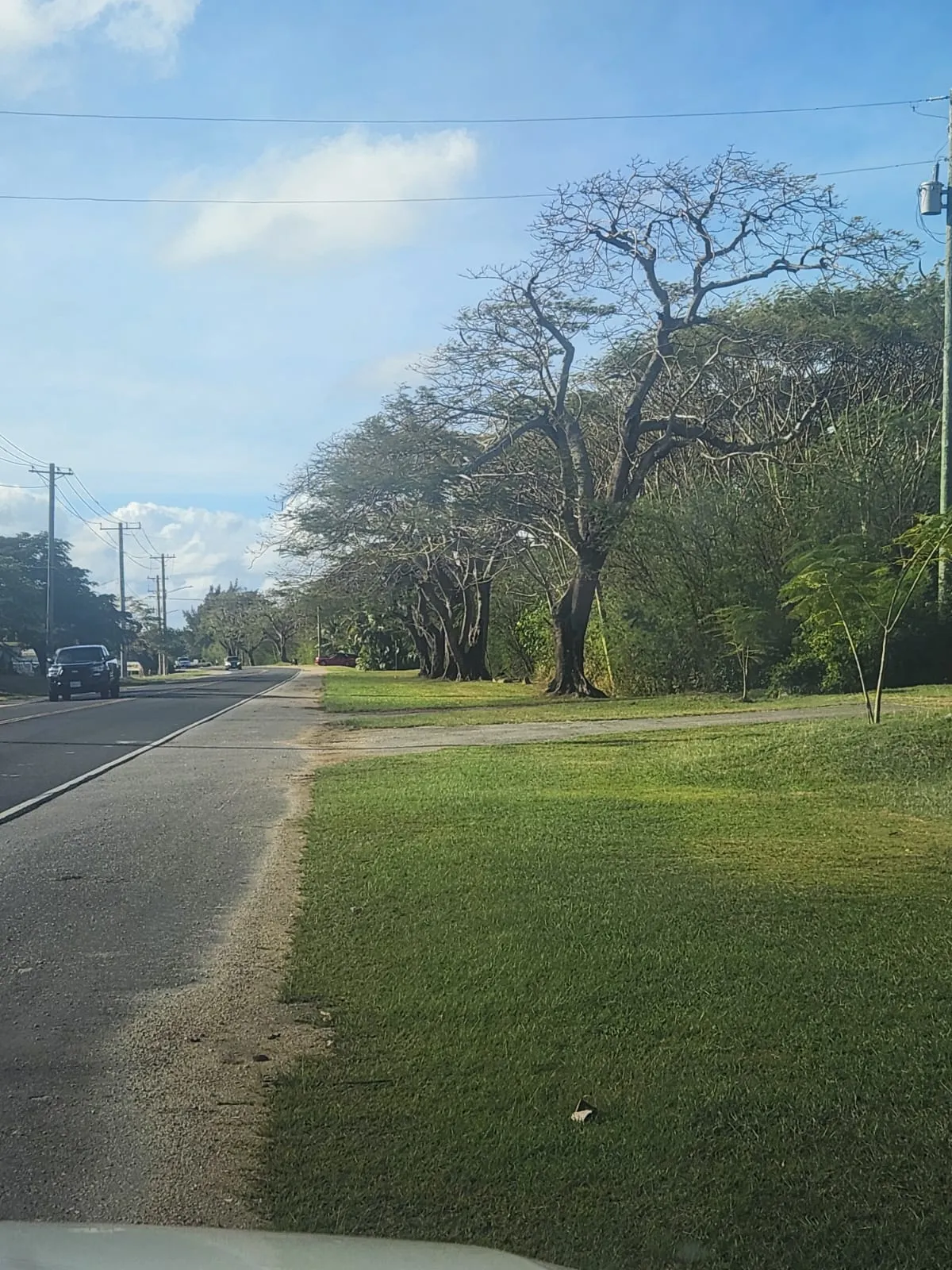
JOSHUA Gray and the CNMI government have opposed the joint motion of Imperial Pacific International and the committee of unsecured creditors to approve the sale of IPI’s casino assets, arguing that the winning bidder, Team King Investment, is an “insider” creditor.
Gray, a former IPI employee, secured a $5.6 million judgment against the company for discrimination and retaliation in May 2023. Represented by attorney Aaron Halegua, he contends the proposed $12.95 million sale of IPI’s assets to Team King should not be approved due to insider involvement, a flawed sale process, and failure to maximize estate value.
Halegua noted that despite efforts to attract bidders, only two qualified: the stalking horse bidder, Loi Lam Sit, and Team King. The bankruptcy court was informed that Intrepid Investment Bankers, LLC, in consultation with IPI and the creditors’ committee, conducted the auction on Feb. 26, 2025, selecting Team King as the winning bidder.
Loi Lam Sit was designated as the stalking horse bidder with an initial offer of $12.5 million for IPI’s casino assets and an option to purchase its casino license. A stalking horse bid sets a baseline price to attract competitive offers. Since Team King won the auction, Sit remains as the backup bidder.
Halegua argued that both bidders were closely tied to IPI. He stated that Sit, with no hotel or casino experience, was involved due to his connection to IPI’s principal investor, Xiaobo Ji. Team King’s principals were also connected to IPI — one was appointed executive director of IPI’s parent company in 2023, and the other, Hiroshi Kaneko, had previously agreed to invest $300 million in IPI. Team King did not disclose these ties. At the auction, Sit declined to bid beyond the minimum overbid of $12.95 million, thus eliminating competition.
Halegua also criticized the sale process, claiming it excluded potential bidders. He said at least one interested party, experienced in Micronesian hotels, refrained from participating due to Intrepid’s restrictive Non-Disclosure Agreement. Additionally, Gray’s $1.5 million credit bid for personal property and another firm’s $150,000 bid for gambling debts were rejected, preventing a potential higher overall sale price.
Halegua said another serious bidder, David Wickline, a former Goldman Sachs executive with resort management experience, was unable to access the Data Room due to Intrepid’s rigid NDA. Without the necessary information, Wickline could not formulate a bid but remains interested in acquiring IPI assets under a more transparent process, Halegua said.
He outlined six reasons why the sale should not be approved: (1) lack of good faith in the sale process, (2) failure to maximize value due to insider involvement, (3) Gray being deprived of his right to credit bid, (4) inability to approve the sale free and clear of Gray’s lien, (5) denial of a breakup fee for Sit, and (6) opposition to waiving the 14-day stay period as Gray plans to appeal.
He urged the court to void the sale and deny the motion approving the transaction with Team King.
CNMI government opposition
The CNMI government, represented by Chief Solicitor J. Robert Glass Jr., raised similar objections.
Glass said Team King was founded in the CNMI on Feb. 4, 2025, with corporate board members linked to IPI. Its founding documents were submitted by Howyo Chi, an alleged director of IPI. Glass also cited a declaration by Brendan Layde, attorney for the CNMI governor’s office, highlighting connections between IPI’s parent company and Team King.
Glass argued that IPI and the committee failed to maximize asset value, favoring insider bidders while rejecting other meritorious offers. The CNMI government requested heightened scrutiny and urged the court to deny the sale. Alternatively, it suggested redoing the process, accepting previously rejected bids, ensuring greater transparency, or taking other actions to secure better returns for creditors.
The government also raised concerns about Team King’s financial assurances. Glass stated that IPI leases casino property from the Department of Public Lands, and any assignment to Team King must comply with DPL regulations. According to NMIAC § 145-70-101(c)(3), Team King must prove its creditworthiness, ability to pay rent, and capacity to fund development projects under the lease terms, Glass said.
He said Team King had only provided two bank statements from related parties, not direct proof of its financial viability. It also relied on financial backing from City East Investments Ltd., submitting documents such as a certificate of incumbency, a register of members, and a bank statement from a Hong Kong bank.
However, Glass noted the financial information was outdated and insufficient to ensure Team King’s ability to meet lease obligations. Similarly, the only documentation for Kyosei Bank was a single bank statement. DPL still required additional financial records to determine Team King’s eligibility, Glass said.
IPI bankruptcy
IPI filed for Chapter 11 bankruptcy on April 19, 2024, citing over $165.8 million in debts. Chapter 11 allows corporations to restructure while continuing operations.
Among IPI’s largest unsecured creditors are the CNMI Treasury ($62 million for casino license fees), MCC International ($34.9 million for construction services), the Commonwealth Casino Commission ($17.6 million for fees and penalties), Hughes Hubbard & Reed ($8.58 million for legal fees), Century Estate Investment Ltd. ($8 million for an unpaid loan), the CNMI Division of Revenue and Taxation ($7.9 million for gross revenue taxes), and Joshua Gray ($5.68 million for a default judgment).
IPI also owes $4 million to the Internal Revenue Service, $950,000 to the U.S. Department of Labor-Wage and Hour Division, and $1.46 million to the U.S. Department of Justice-Civil Division, listed as “contingent disputed.”











